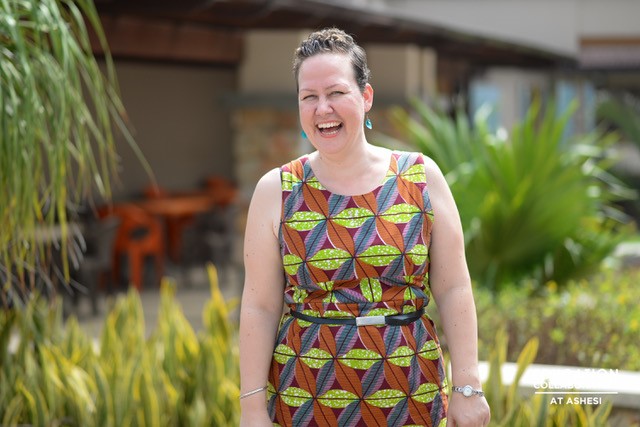
It is getting late. The year is almost ending. The time has come for bloggers to summarize the year. We all do it differently; I enjoyed MsAfropolitan’s love letter, the book lists that hyper-readers Accra Books and things and A Fork in the Road shared and Africa Is A Country’s West African club hits!
My summary of the blogging year 2011 might not be possible to dance to, still here it is:
The year started out on a strong note. In January, I learned about Free and Open Source Software for Academics and analysed the Ghanaian “happiness culture“.
During February, I realized in Swedish media Ghana is often portrayed like a success, economically, democratically and technologically. A more recent text buttressing my point is the top African success stories 2011 at Connected Africa. This month I also celebrated my 30th birthday and my 500th blog post!
In March, I was inspired by DUST magazine and wrote my own You Know You Are In Accra When – jokes.
April was the month I got more serious and wrote about the mental health crisis in Ghana, sexual harassment and the unrest in Ivory Coast.
On Mother’s day I announced I was becoming a mother myself. At that point in May, my belly was so big everyone who saw me IRL knew. It was not like you needed to be an investigative journalist… really is there just one investigative journalist in Ghana?
In June, I left Ghana for Europe. First stop was Marseille. Then it was time for debating homosexuality. A debate that also made it to Global Voices.
In July, our daughter was born. What an experience! What a miracle! What a sweet soul!
In August, she was Virtually Outdoored. So was the Ashesi Berekuso Campus.
In September and October I was spending every hour of the day with our baby in Sweden. Taking walks, breastfeeding and blogging only sporadically.
Second week of November, I returned south and my daughter saw the green leaves and red soil of Ghana for the first time. And the green hoopoe!
In December, we had no water and I wrote about the EU Blue Card. And that was my 2011 year of blogging!
I am sure in the days to come, we will see many more chronicles of 2011 at Ghanablogging.com (soon to change name to BloggingGhana, but that is a story for 2012!)
Gott Nytt År! Afehyia pa! Happy New Year!













